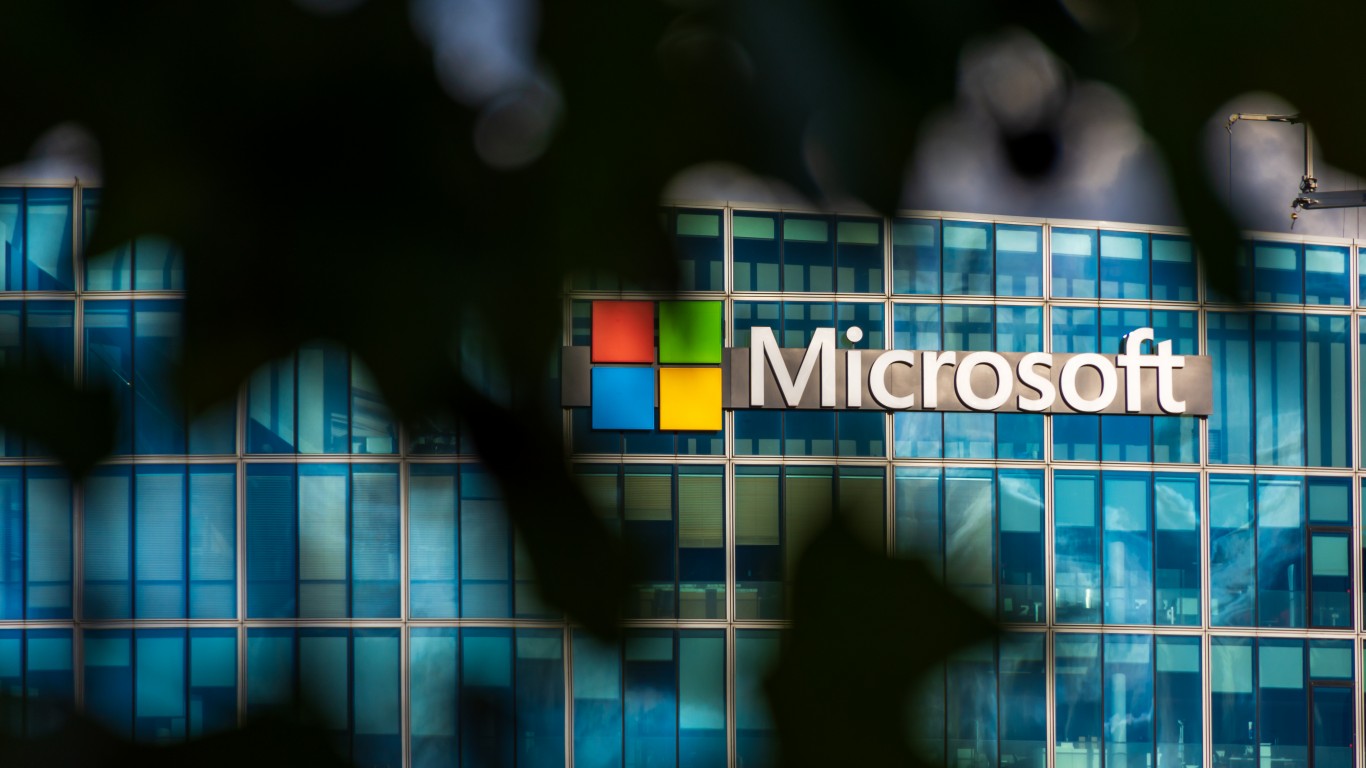Investing
Before the Bell: White Knights Save First Republic, Tech Giants Rule the Day

Published:

Premarket action on Friday had the three major U.S. indexes trading mixed. The Dow Jones industrials were down 0.28% and the S&P 500 down 0.12%, while the Nasdaq was 0.05% higher.
Nine of 11 market sectors closed higher Thursday. Technology (2.82%) and communications services (2.77%) gained the most. Consumer staples (−0.07%) and real estate (−0.06%) posted the day’s only losses. The Dow closed up 1.17%, the S&P 500 up 1.76% and the Nasdaq up 2.48%.
Two-year Treasuries jumped 21 basis points on Thursday to end the day at 4.14%, and 10-year notes added five basis points to close at 3.56%. In Friday’s premarket, two-year notes were trading at around 4.15% and 10-year notes at about 3.55%.
Thursday’s trading volume was below the five-day average. New York Stock Exchange winners outpaced losers by 2,291 to 737, while Nasdaq advancers led decliners by about 2 to 1.
Leading Thursday’s winners, First Republic Bank (NYSE: FRC) added 9.98%. Shares were down by 36.5% until an early report confirmed that a consortium of 11 banks, including JPMorgan Chase and Bank of America, had put together a rescue package totaling $30 billion. After markets closed for the day, First Republic announced that it was suspending its dividend, and shares traded down by nearly 15% in the after-hours session. In premarket trading on Friday, shares were down about 6.6%.
SolarEdge Technologies Inc. (NASDAQ: SEDG) had added more than 8% to its share price this year until the stock dropped 6.81% on Thursday to close with the day’s biggest loss. The company had no specific news. Shares were about 1% higher in Friday’s premarket.
New claims for unemployment benefits came in below expectations on Thursday, indicating that the U.S. job market is still tight. The monthly report on new housing starts was much stronger than expected. Single-family starts rose 7.6% month over month.
The University of Michigan’s preliminary report on consumer sentiment for March will be released after markets open. Analysts are expecting a slight improvement to an index reading of 67.2, up from a final February reading of 67.0.
Once again Thursday, tech stocks played the role of safe haven for investors. Microsoft Corp. (NASDAQ: MSFT) added 4.05% after introducing Microsoft 365 Copilot, an OpenAI-based tool, that will be embedded in the company’s suite of productivity applications: Word, Excel, PowerPoint, and Teams, among others. Alphabet Inc. (NASDAQ: GOOGL) added 4.38% Thursday, after announcing the day before that the company was adding AI capability to Gmail and Google Docs. Alphabet also raised the monthly price of its YouTube TV by $8.00 to $72.99, citing the rising cost of content as the reason.
Semiconductor stocks also rose sharply on Thursday. Advanced Micro Devices Inc. (NASDAQ: AMD) added 7.72% and Intel Corp. (NASDAQ: INTC) added 6.23%, behind only First Republic Bank as the day’s biggest winners. Nvidia Corp. (NASDAQ: NVDA) posted a gain of 5.42% on Thursday.
In order to make all these new AI products work at scale, companies like Microsoft, Google and Apple are going to need hundreds of thousands of chips. Training large language models (LLMs) like ChatGPT requires up to 10,000 Nvidia chips. The company has said that the total addressable market for just its AI chips is $300 billion.
Will AI pay off for all these tech firms? No one really knows. Right now there is a lot of interest and hype and not much detail. No matter what happens, high-performance chips are going to be in constant demand. Chipmakers will make money whether AI is a success or a flop.
And where else could AI chips come from? How about Apple Inc. (NASDAQ: AAPL), which has begun producing its own CPUs?
Speaking of Apple and Microsoft, the Financial Times had an interesting story earlier this week on a coming shake-up in how industries are classified under the Global Industry Classification Standards (GICS) standards. Five years ago, Alphabet, Netflix, Twitter, Snap and Meta were removed from the tech industry and reclassified as communications services companies.
A coming GICS revision will move Visa and Mastercard out of the tech industry and into financials, while ADP and PayChex will move to the industrials bucket.
Apple and Microsoft, which now account for 44.4% of the tech sector, will see their weighting rise to nearly 50%. That concentration is especially troublesome for tech ETFs.
The average American spends $17,274 on debit cards a year, and it’s a HUGE mistake. First, debit cards don’t have the same fraud protections as credit cards. Once your money is gone, it’s gone. But more importantly you can actually get something back from this spending every time you swipe.
Issuers are handing out wild bonuses right now. With some you can earn up to 5% back on every purchase. That’s like getting a 5% discount on everything you buy!
Our top pick is kind of hard to imagine. Not only does it pay up to 5% back, it also includes a $200 cash back reward in the first six months, a 0% intro APR, and…. $0 annual fee. It’s quite literally free money for any one that uses a card regularly. Click here to learn more!
Flywheel Publishing has partnered with CardRatings to provide coverage of credit card products. Flywheel Publishing and CardRatings may receive a commission from card issuers.
Thank you for reading! Have some feedback for us?
Contact the 24/7 Wall St. editorial team.